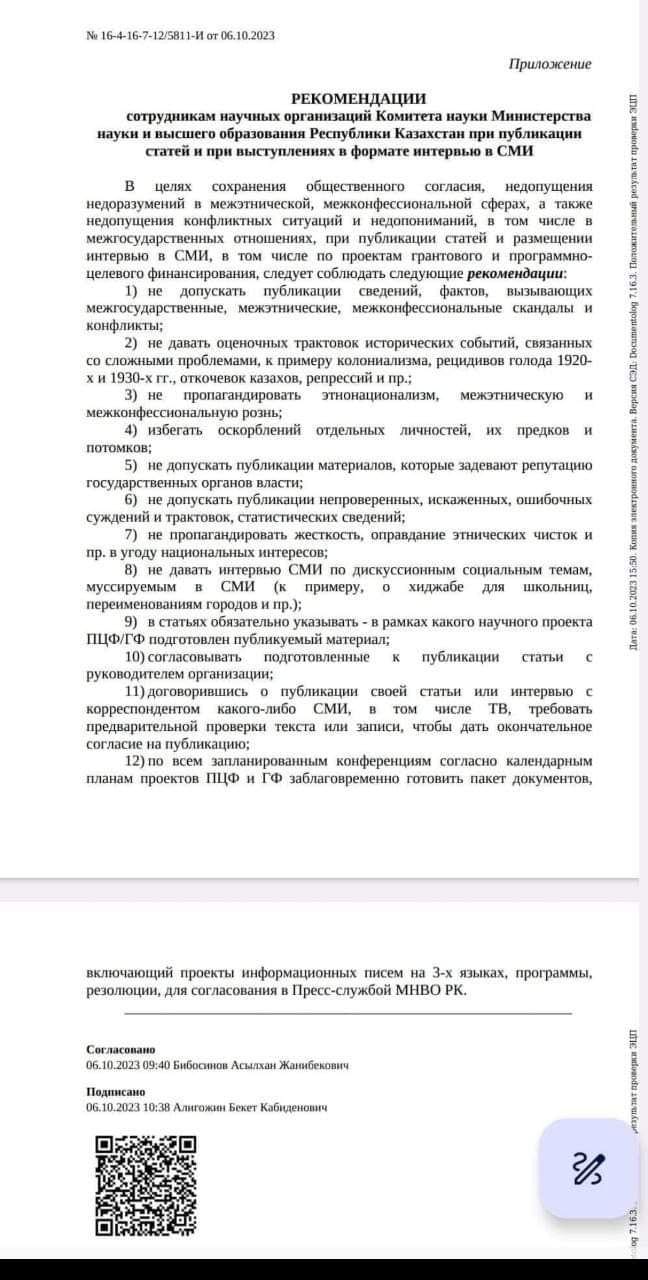TRANSFORMATIONS OF THE LEGAL STATUS AND LIVING CONDITIONS OF SOVIET GERMANS DURING THE PATRIOTIC WAR (ON THE EXAMPLE OF THE GERMANS OF UZBEKISTAN)
DOI:
https://doi.org/10.54251/2522-4026.2025.06.26qazKeywords:
Uzbekistan, Central Asian region, Soviet Germans, Stalinist repressions, deportation, labor army, labor colonies, special settlements.Abstract
The article is devoted to the change in the legal status of Soviet Germans during the Patriotic War. Since the beginning of the war, the Presidium of the Supreme Soviet of the USSR has adopted a Decree "On the resettlement of Germans living in the Volga region" to Kazakhstan and Siberia. With the adoption of this Decree, and then others that followed it, the legal status and status of Germans in the former USSR completely changed, transferring them first to the status of labor soldiers, and then to special settlers. Germans from the Volga region and other central regions of the country, where they were among the most advanced in many respects among the republics of the former USSR, left their homes, farms, and were brutally evicted and deported. The article will focus on the situation of Germans in Uzbekistan. The author notes that there was no deportation of Germans to Uzbekistan, however, there were 2 decisions of the center on the eviction of Uzbek Germans from the capital of the republic, Tashkent, to regional areas, where they were in difficult conditions of special settlement, and for many years after the end of the war they could not return to their homes in Tashkent. In the article, the author, based on documentary data, examines the phased mass mobilization of Soviet Germans from the regions of the country into the labor army, traces their dynamics and legal status. The inspection documents indicate that they were constantly under the relentless supervision of government agencies, the most difficult working conditions in the labor army, multiple offenses in special settlements, and unbearable living conditions, which led to heavy human losses.


